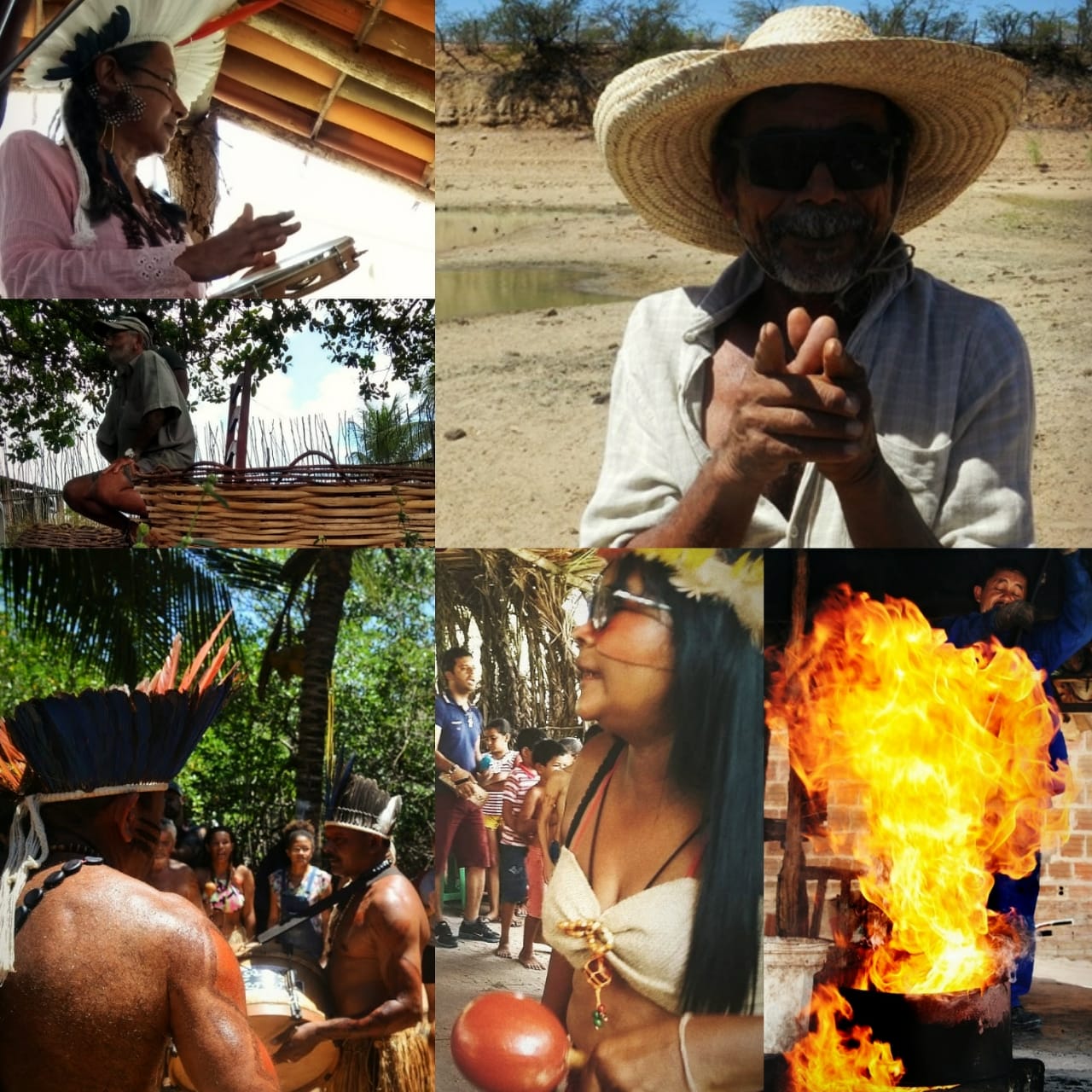This website contains the mapping of Indigenous villages [aldeias] and communities from Rio Grande do Norte state. It is a result of academic efforts taken by professors, undergraduate and graduate students of Social Anthropology at the Federal University of Rio Grande do Norte (UFRN) in articulation and alliance with the Potiguar Indigenous movement.
The website aims to bring higher visibility to the Indigenous population of RN that had remained invisible for decades and have stood out since the beginning of this century as important political agents within what has been known as “ethnic arising”, “ethnogenesis”, and “Indigenous resistance” in the Brazilian North East. It strives to encourage the production and dissemination of academic knowledge for the Indigenous communities/ villages themselves, for researchers on the Indigenous theme, for teachers and students of basic and higher education and to encourage the continuity of anthropological and ethnohistorical research about these Indigenous populations as well.
Formerly, this mapping was carried out by undergraduate students of Social Sciences, Pedagogy, History, Public Policy Management, Computer Engineering, Science and Technology, Social Communication/Audiovisual, Mechatronics Engineering and Psychology and graduate students of Social Anthropology of UFRN during the classes “Anthropology and the Study of Ethnic-Racial Relationships" taught by José Glebson Vieira in the second semester of 2018. They created an experimental website containing general information about the indigenous peoples of RN. The website’s main objective was to publicize aspects related to the history, location and demography of these peoples.

In 2020, this initiative was transformed into an extension project of the university entitled “Memory, Identity and Culture: a mapping of the indigenous peoples of Rio Grande do Norte”. The initial proposal of publicizing systematic information about these indigenous peoples was then expanded and began to include themes such as political mobilizations, public policies, and also the dimensions of festivities and rituals, among others. This project also made it possible to gather documents and academic, artistic and audiovisual productions, composing a digital repository of documentary sources, doctoral theses, master dissertations, specialization and graduation monographs, academic articles, collections, texts published in annals of events, primers, teaching materials and other productions about the Indigenous peoples of RN.
The funding obtained through internal edicts of university extension (PROEX/UFRN) and research (PIBIC/CNPq/PROPESQ/UFRN) enabled the redesign of the website into a more responsive profile, with the objective of improving the quality of the content, its accessibility and interactivity with the users. The website is now hosted by the Humanities, Arts and Letters Center (CCHLA) of UFRN.